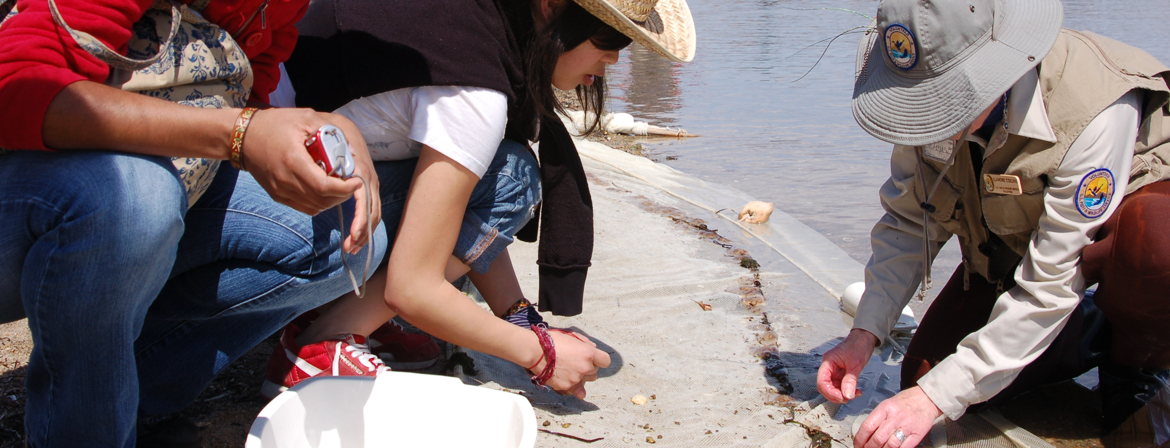Responsibility and Environment: Ecological Norm Orientation and External Factors in the Domain of Travel Mode Choice Behavior
Hunecke, M., Blöbaum, A., Matthies, E., & Höger, R. (2001). Responsibility and environment: Ecological norm orientation and external factors in the domain of travel mode choice behavior. Environment and Behavior, 33(6), 830-852.
When Saying Yes Leads to Saying No: Preference for Consistency and the Reverse Foot-In-The-Door Effect
Guadagno, R., Asher, T., Demaine, L., & Cialdini, R. (2001). When saying yes leads to saying no: Preference for consistency and the reverse foot-in-the-door effect. Personality and Social Psychology Bulletin, 27(7), 859-867.
On the Risks of Recycling Because of Guilt: An Examination of the Consequences of Introjection
Koestner, R., Houlfort, N., Paquet, S., & Knight, C. (2001). On the risks of recycling because of guilt: An examination of the consequences of introjection. Journal of Applied Social Psychology, 31(12), 2545-2560.
The Structure of Environmental Concern: Concern for Self, Other People, and the Biosphere
Schultz, P. (2001). The structure of environmental concern: Concern for self, other people, and the biosphere. Journal of Environmental Psychology, 21(4), 327-339.
Consumers' environmental Behavior: Generalized, Sector-Based, or Compensatory?
Bratt, C. (1999). Consumers' environmental beahvior: Generalized, sector-based, or compensatory?. Environment and Behavior, 31(1), 28-44.
A Behavioral Analysis of Peaking in Residential Electrical-Energy Consumers
Kohlenberg, R., Phillips, T., & Proctor, W. (1976). A behavioral analysis of peaking in residential electrical-energy consumers. Journal of Applied Behavior Analysis, 9(1), 13-18.
What's the Catch? Reducing Consumption of Contaminated Fish Among Anglers
Jonick, T., Anderson, E. L., Lin, S., Bruni, C. M., Schultz, P., Groner, S., et al. (2010). What's the Catch? Reducing Consumption of Contaminated Fish Among Anglers. Social Marketing Quarterly, 16(1), 32-51.
Household Actions Can Provide a Behavioral Wedge to Rapidly Reduce US Carbon Emissions
Dietz, T., Gardner, G.T., Gilligan, J., Stern, P.C., Vandenbergh, M.P. (2009). Household actions can provide a behavioral wedge to rapidly reduce US carbon emissions. Proceedings of the National Academy of Sciences of the United States of America, 106(44), 18452-18456.
Light Rail Use is More Likely on Walkable Blocks: Further Support for Using Micro-Level Environmental Audit Measures
Werner, C., Brown, B., & Gallimore, J. (2009). Light rail use is more likely on walkable blocks: Further support for using micro-level environmental audit measures. Journal of Environmental Psychology, XX(X) (available online), 1-9.
General Beliefs and the Theory of Planned Behavior: The Role of Environmental Concerns in the TPB
de Groot, J., & Steg, L. (2007). General beliefs and the theory of planned behavior: The role of environmental concerns in the TPB. Journal of Applied Social Psychology, 37(8), 1817-1836. doi:10.1111/j.1559-1816.2007.00239.x.



